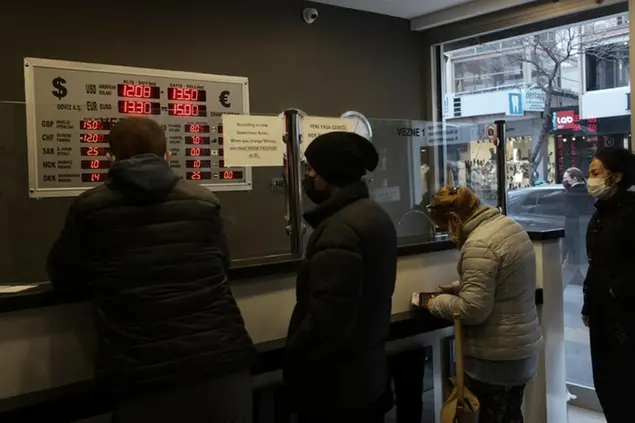- La lira turca ha perso il 33 per cento del suo valore a novembre e il 44 per cento da inizio anno. Con questi dati la Banca centrale di Turchia non demorde e ha detto che potrebbe abbassare ulteriormente il proprio tasso di interesse durante la prossima riunione del comitato sulla politica monetaria in programma il 16 dicembre.
- L’agenzia di rating americana S&P ha dichiarato a Reuters che la posizione di politica monetaria della Turchia e il suo utilizzo delle riserve "prese in prestito" per difendere la lira rappresentano un rischio per il suo rating sovrano.
- Il neo ministro delle Finanze, Nurredin Nebati, 57 anni, è stato direttore della associazione imprenditoriale musulmana Musiad che si contrappone alla Tusiad, di ispirazione laica, che chiede da tempo un rialzo dei tassi per evitare il tracollo delle imprese locali indebitate in valuta forte
Erdogan mette un suo pretoriano alle finanze. Prosegue la linea del taglio dei tassi

02 dicembre 2021 • 18:56Aggiornato, 02 dicembre 2021 • 19:45